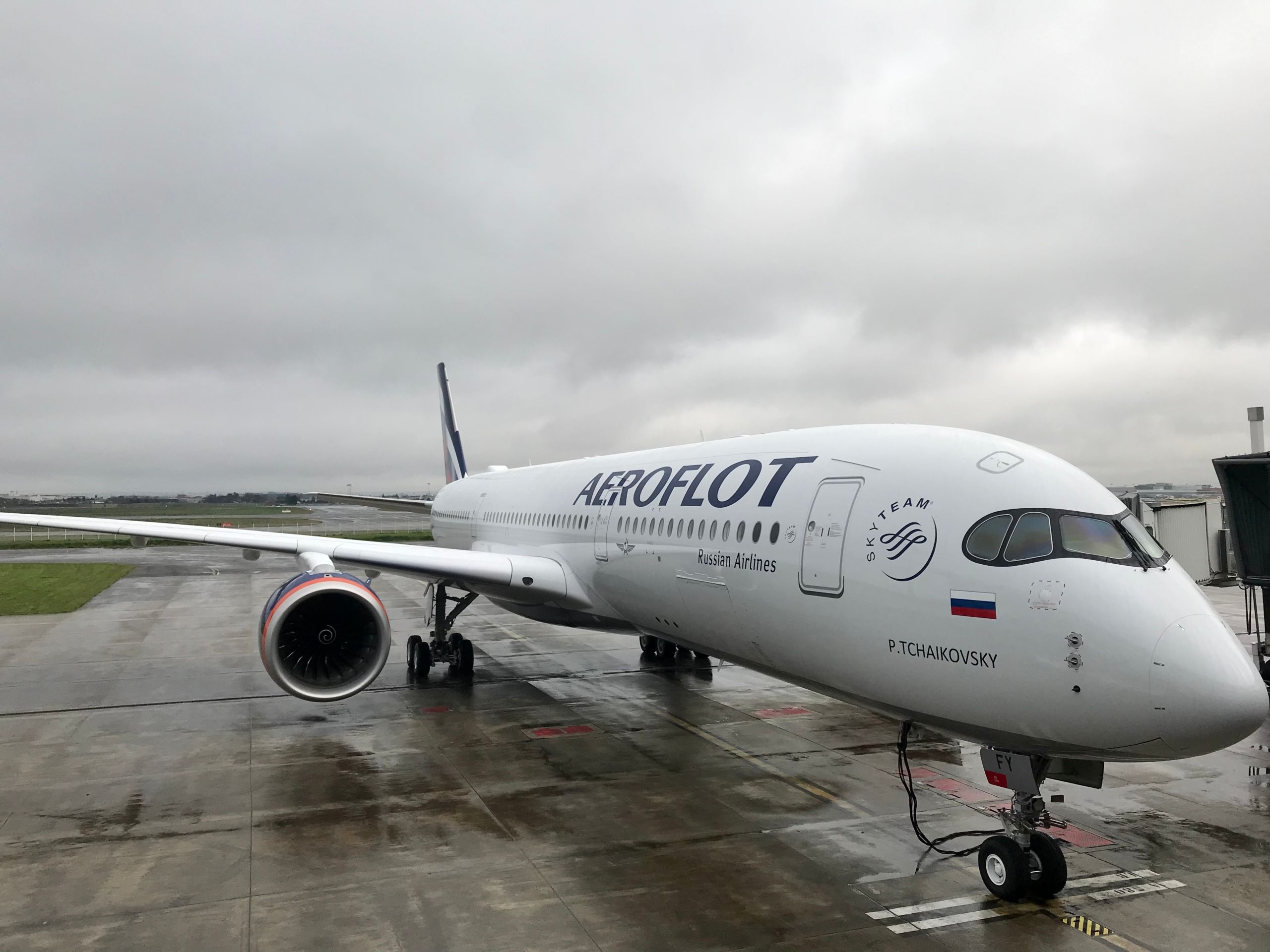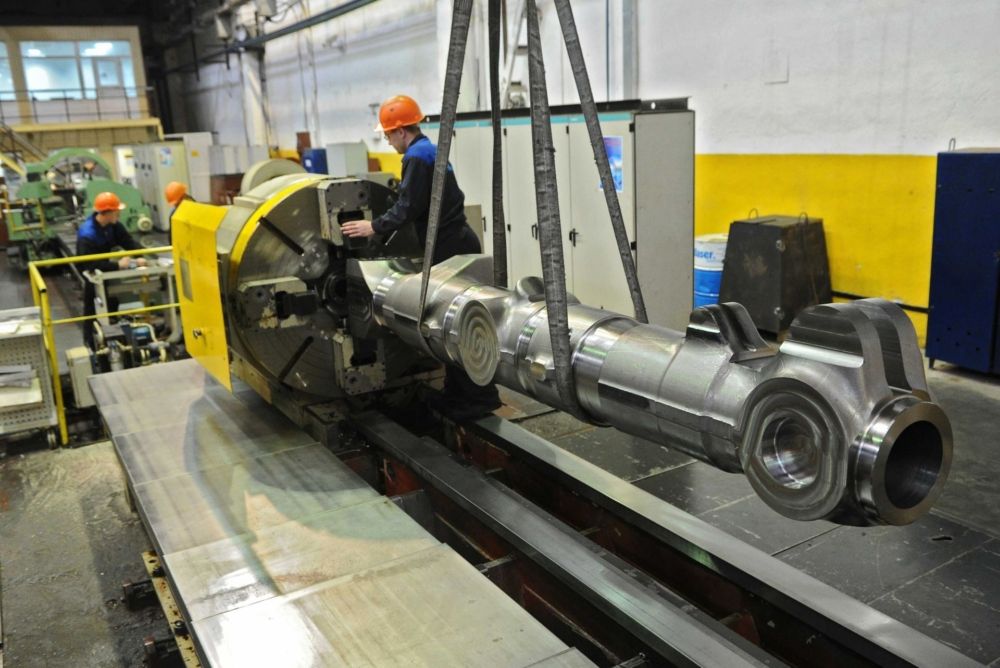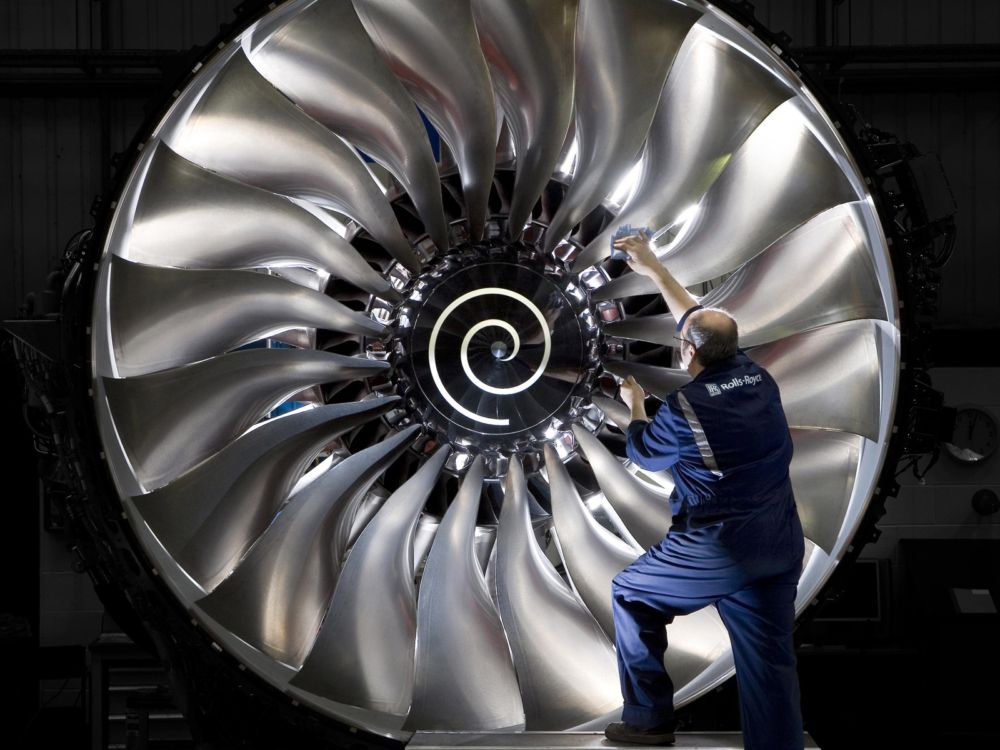Titanium is a vital element in regard to the production of planes across the globe. It can be found all across different parts of an airliner. With this in mind, Airbus has to ensure that it has the right supply of this metal for its operations.
A long-term relationship
Airbus' footprint in Russia traces back to three decades ago. Notably, Aeroflot took on its first A310 in the early 1990s, allowing for the plane to become the first aircraft built in the west to attain Russian-type certification. Presently, the manufacturer's A350, A330, and A320 family jets combine to make up 340 aircraft across Russian fleets.
During a presentation at the MAKS-2021 airshow in Moscow last week, Airbus EVP, Head of Region & Sales Europe Wouter Van Wersch, noted that half of the titanium in his company's aircraft comes from Russia. The country is one of the world's largest titanium producers, with up to over 40,000 metric tons of titanium sponge produced each year.
Headquartered in Verkhnyaya Salda, Russia, VSMPO-Avisma is the world's largest titanium producer, tracing its roots back to nearly nine decades ago. Airbus first signed an agreement with this firm in the 1990s, and the partnership has grown each year. Initially, the deal involved the purchasing of raw materials. However, the contract now sees the company hand over semi-finished metal products with added value.
A reliable metal
Titanium alloys have a distinct high strength to weight ratio. Therefore, they are usually utilized in key structures such as landing gear and airframes.
“In aviation engines, heat-resistant titanium alloys are used for manufacturing blades, disks, and other parts for fans and low-stage engine compressors,” Russian aviation conglomerate Rostec states.
“While the extensive use of composites in airplane engineering may be viewed as a threat to other materials, for titanium, it is a definite advantage that serves to promote its use in the industry.”
Stay informed: Sign up for our daily and weekly aviation news digests.
A titanium powerhouse
VSMPO-Avisma supplies titanium forgings for aircraft in all of Airbus’ families. This factor highlights how crucial the relationship is for the planemaker.
Importantly, it’s not only Airbus that relies heavily on this Russian titanium production operation. VSMPO-Avisma supplies have covered much of Boeing's and up to all of Embraer's titanium needs for their aircraft. Even the likes of Rolls-Royce, Pratt & Whitney, and Safran also rely on this scene.
The connections run deep throughout the supply chain. Amid the successful relationships built over the years, the Airbus Engineering Centre, more commonly known as ECAR, was set up in Moscow in 2003. This project was part of a joint venture between the aircraft manufacturer and the Kaskol industrial group. Altogether, the facility has completed over 120 projects, including work on the A350-1000, and A321XLR and A330neo programs.
Airbus undoubtedly has a strong presence in Russia, and the impact goes both ways. The manufacturer's aircraft continue to be spotted in the country, while many of its crucial materials continue to be sourced from there.
What are your thoughts about Airbus' sourcing of titanium? What do you make of the company's overall supply chain? Let us know what you think of the operations in the comment section.



